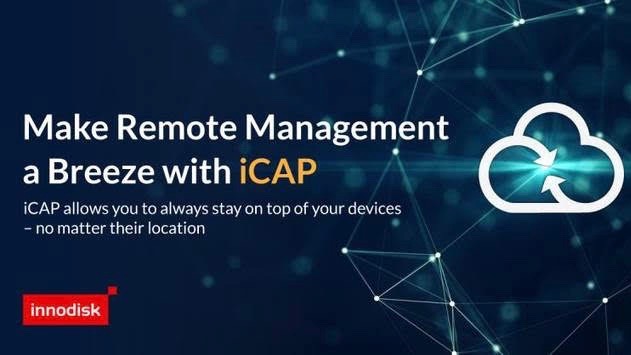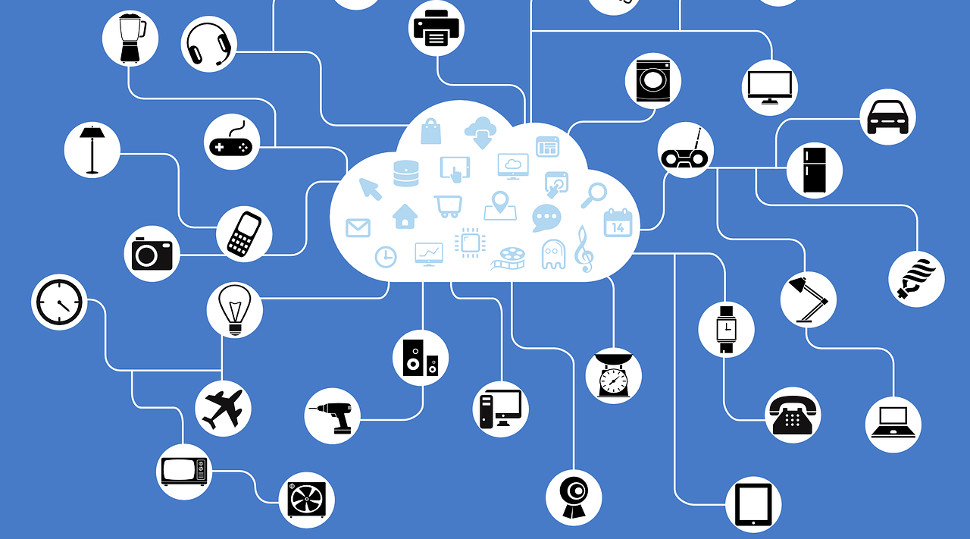All the ways secure cloud-based management is essential for IoT businesses

There truly isn’t enough time in the day for engineers to maintain the billions of IoT devices in the world today. Networked “Things” have become more widespread and affordable to build, but the further these edge devices spread geographically, the harder it is to maintain them.
If an edge device fails without a remote reboot option, every minute of downtime cuts off revenue and data, and damages the device’s reputation with stakeholders.
Plus, IoT devices have become so intricate that you’ll need a specialist in any geographic region where you plan to sell these devices. The cost of retaining multiple experts who know how to fix glitches with external sensors, SSDs (solid state drives), DRAM memory modules, I/O and other cutting-edge IoT tech — and are willing to travel far and wide to all your glitching tech — will not be cheap.
Advancements like 5G will make geographical distance and latency less of an obstacle for real-time data management, but only if companies have a means of remotely monitoring and repairing all of their devices. Then they can minimize downtime, and even preemptively patch errors so their devices rarely go offline.
Cloud-based systems like iCAP fit that description perfectly. Created by Innodisk, iCAP connects to all of your devices’ SSDs and DRAM memory modules, then informs you which, if any of your devices are offline.
Even better, it also tracks the predicted lifespan of each drive and health status of each memory module, based on when it was installed, and measures when CPU or memory loading is performing sub-optimally, so you can swap out hardware before it crashes.
With SSDs and DRAM memory modules installed into your IoT devices, engineers can access any device over the internet or intranet, even if the device itself is offline. Ideally, this SSD and DRAM backdoor will give you the insight you need to find out what went wrong, then fix it remotely.
With iCAP, all of these SSDs and DRAM modules are visible from a single browser at a central hub — most likely your office or IT center. Using its automated summaries and alert system, a small number of operators can keep track of a large network without becoming overwhelmed.
If a device goes offline for whatever reason, iCAP lets you recover the latest SSD data with a single click. That done, you can access the hard drive using out-of-band (OOB) management and attempt to restore it to a previous, functional OS mirrored on the server by default.
You no longer have to send someone to the actual device, then wait for them to solve the mystery of the crash, before getting your device working again. Just reset it, and work out the cause later.

Once you do solve the issue, though, you won’t want to sit and wait for the same problem to emerge with your other devices, or go and update them in person one by one. Cloud storage allows you to send out a patch to all of your SSDs simultaneously, preventing a huge and unnecessary workload.
iCAP also supports coverage of your DRAM memory modules, and provides vital information beyond just “online” or “offline”. For each module, you can check its current memory loading speed, temperature or other specifications. Using notifications, you can program iCAP to warn you if any DRAM module is performing below your needs, so you can replace it.
While it’s helpful to view the health of all your SSDs and DRAM memory modules at once, you can also organize them based on GPS data. That way, rather than send someone to repair each device one at a time, you can send maintenance to a particular region and fix multiple devices in one trip.
Ultimately, what iCAP does for your company is future-proof it, so your IoT business can safely grow without overwhelming your engineers. Remote access allows a smaller team of specialists to have a widespread impact on all of your devices at once. Even better, with real-time monitoring of every potential problem, you know how to build future devices to avoid those problems, and prolong their lifespan before they need replacing.
Experts estimate that 25 billion more IoT devices will appear in the next five years. If your company plans on matching that trend and expanding its business, you need a system for doubling your capacity for managing devices, without doubling your engineering staff.
Thankfully, Innodisk designed its iCAP platform to scale with your business, so it can track as many devices as you connect to it. Instead of bloating your IT budget to keep downtime to a minimum, use preventive management and monitoring so that your devices rarely go down in the first place.
- For more information: Make Remote Management a Breeze with iCAP by Innodisk
Sign up to the TechRadar Pro newsletter to get all the top news, opinion, features and guidance your business needs to succeed!